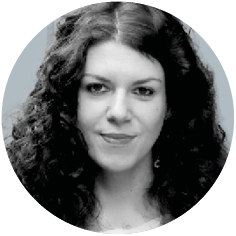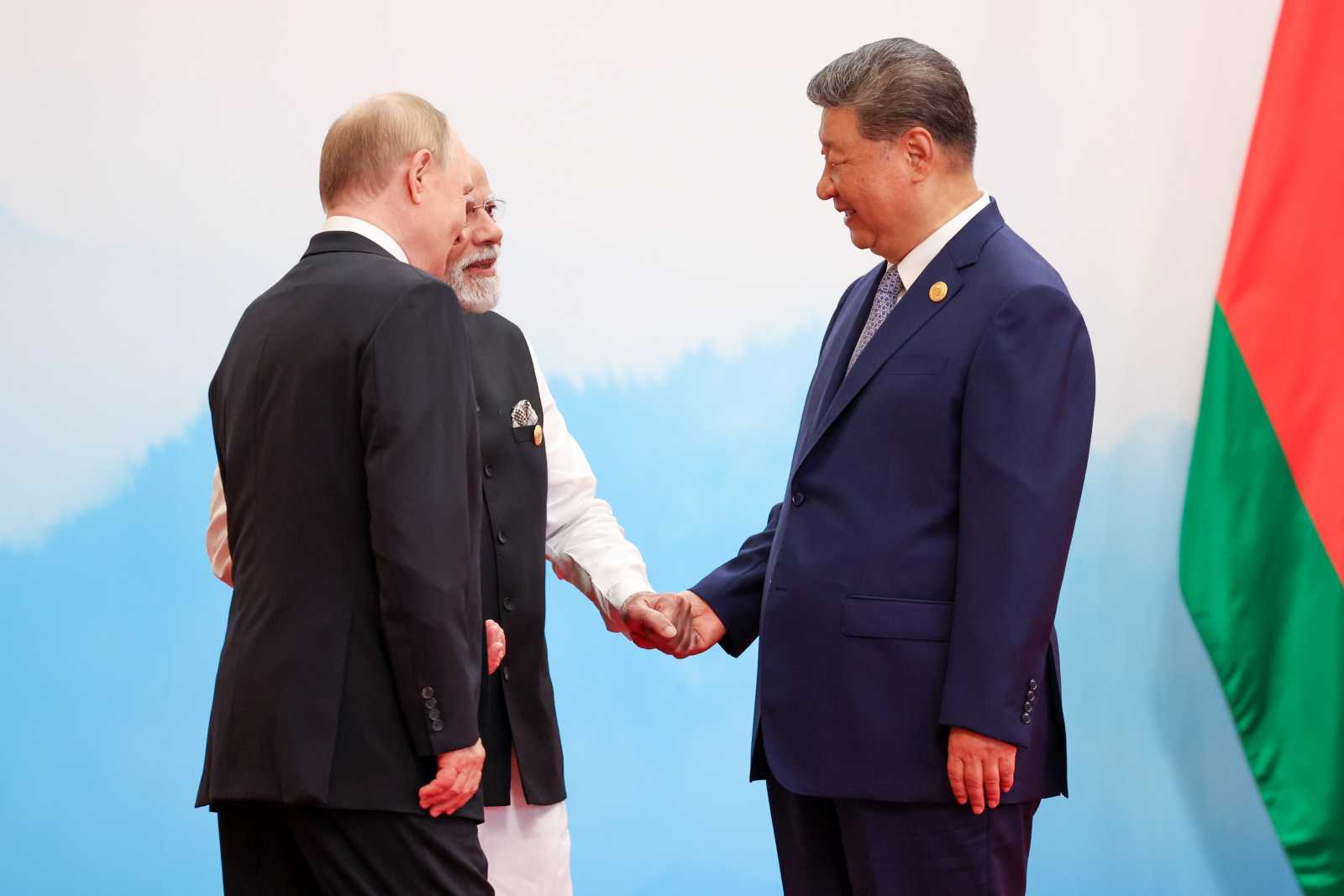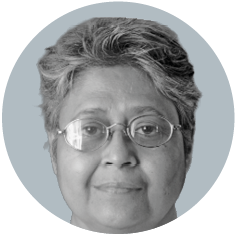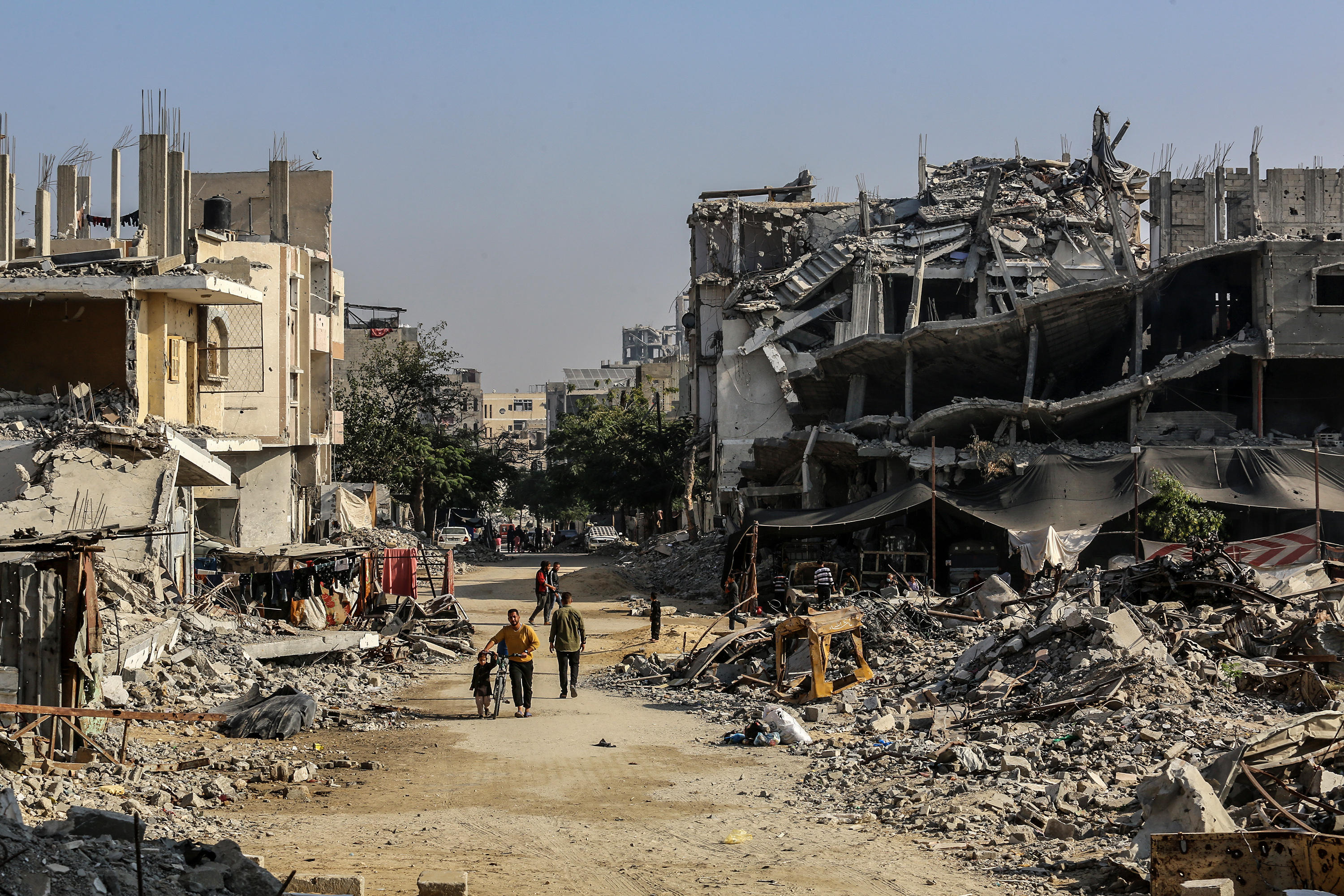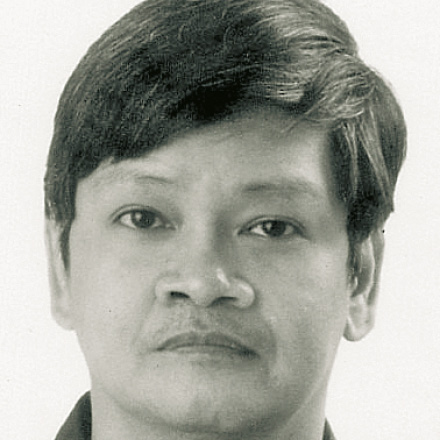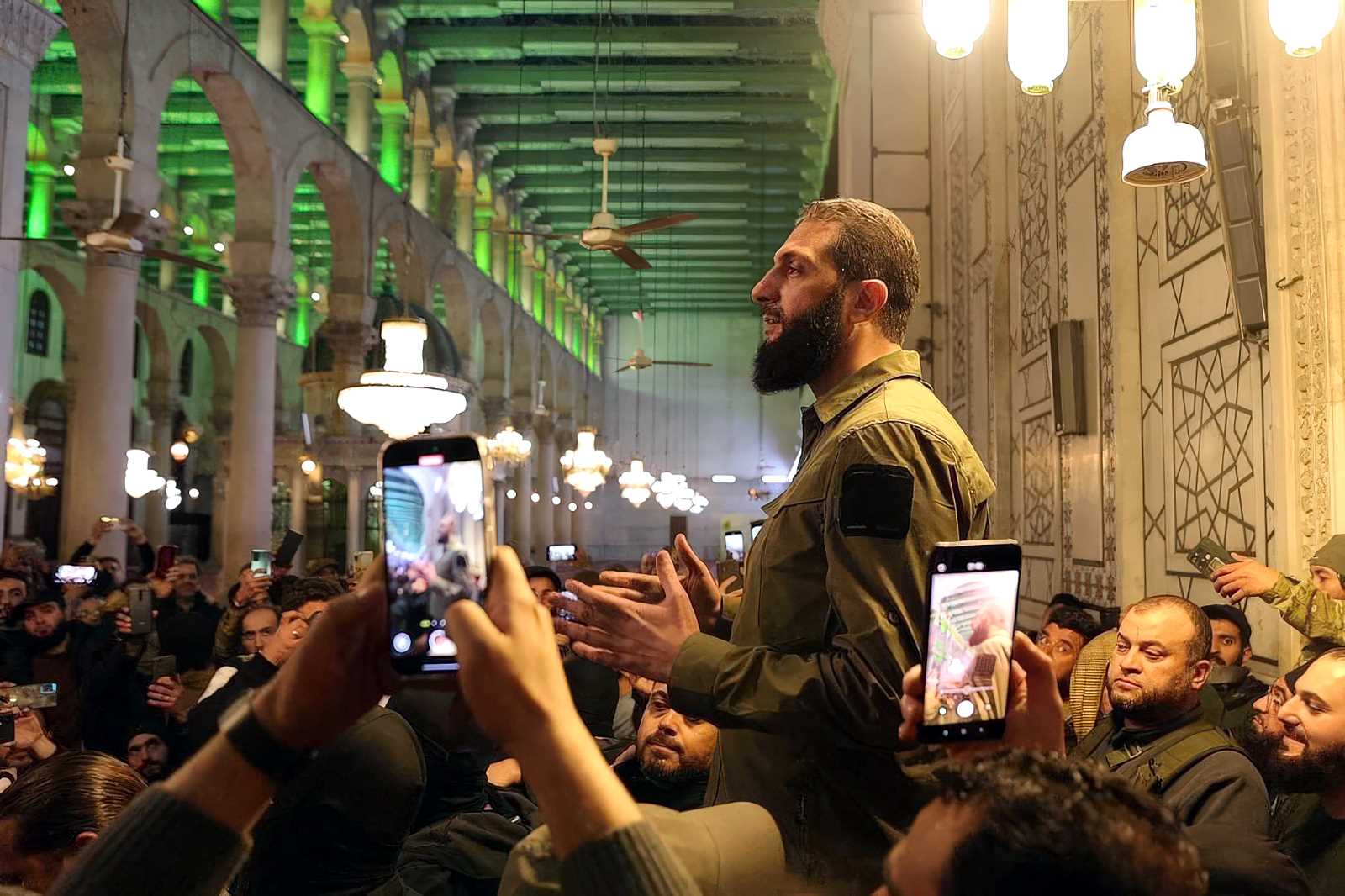Intercultural music
Music of the Nile
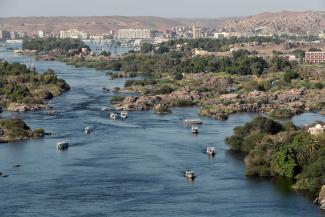
In 2011, the year of the Arab Spring, Egyptian ethnomusicologist Mina Girgis decided to launch a music project. It was not inspired by the protests around Cairo’s Tahrir Square but by one of the few constants in Egyptian life: the Nile.
However, the Nile is not just Egyptian and Girgis quickly realised that such a project – like Africa’s longest river – would have to flow across national boundaries. His vision was a collaborative venture bringing together musicians from all of the countries bordering the Nile. Starting in 2012, the Nile Project toured Kenya, Uganda, Tanzania, Egypt and Ethiopia with around 18 musicians and staged workshops for local music groups in which the focus was on learning from one another.
The message of the Nile Project was political from the start. The potentially unifying power of the river is held back by numerous conflicts within and between the Nile countries. Three years ago, Ethiopia and Egypt came to the brink of a “water war” over the use of the Nile. That was after Ethiopia persisted in building the world’s largest dam on the upper reaches of the Blue Nile, thereby massively reducing the flow of water to Egypt for the benefit of its own electricity supply.
Girgis and the other Nile Project musicians saw hope instead in the unifying power of music. They made three albums and an EP (Extended Play). The material on the first album, “Aswan”, was recorded live at their first joint concerts in the Egyptian city of the same name. As on the other albums, the lyrics are in Amharic, Kiswahili, Tigrinya, Kirundi, Luganda, Kinyarwanda and Nilotic dialects like Dholuo. Differences in Arabic dialects, in particular, meant that singers from Sudan and Egypt, for example, could not always agree on how certain words should be pronounced in duets. During performances, this was simply explained to the audience and each singer then used the pronunciation customary in their respective region.
Those early recordings show the diversity of the collective. Fast dance tracks like “Salaam Nubia”, with multiple female singers and driving drums, are interspersed by the wistful desert sound of pieces like “Tezeta”, featuring solo male vocals and modern wind instruments, including saxophones.
“Jinja”, the second Nile Project album, is named after the Ugandan city at the source of the Nile. Released in 2017, it shows that four years of working together produced a more synchronised sound. While the instrumental, tonal and vocal mix on the “Aswan” album gave some of the tracks a certain dissonant quality, “Jinja” feels like a more harmonious piece of work, despite the fact that it retains all of the original musical diversity.
Even a song like “Ya Abai Wuha” (“The Waters of the Nile”) – in which a single female voice solemnly sings the great river’s praises in Amharic before a sudden switch to dance rhythms driven by flutes and drums – conveys a palpable sense of unity. It is the group’s most powerful work to date.
“Tana”, the third album, reinforces the impression of togetherness, as do the transitions within songs. Hardly any track ends in the tempo or style in which it began, which is why all the songs are between five-and-a-half and ten minutes long. Nevertheless, the listener almost always knows where on the Nile they are. “Sigalagala” (Dholuo for “howl”), for example, is influenced by classical Ugandan and Kenyan pop, while the Arabic “Ibn Masr” (“Son of Egypt”) opens with music that immediately transports to the Sahara. Excitement mounts when the different cultures come together in the middle of a song, as in “Naloona Sielewi” (“Look, I don’t understand it”), in which two singers ask each other in Nubian and Kiswahili: What is the point of borders?
Many of the songs are about overcoming borders, about camel drivers who travel through all the Nile countries or about bonds forged by sharing meals. In “Ma Badoor”, Kasiva Mutua and Asia Madani sing that it is enough that the Nile is the father of all. Other recurring themes are love, beauty, friendship, family, Allah, the Christian God and, over and over again, reverence for the Nile as the source of life. Some of the collective’s lyrics are available in translation on the project’s website.
For a number of years, the group took the music of the Nile all over the world, touring Europe and the USA and giving a highly acclaimed concert in 2015 at the UN headquarters in New York City. The collective then discovered that music, like water, runs up against man-made boundaries.
By that time, the Nile Project was registered as a non-governmental organisation (NGO). That put it on the radar of the Egyptian government, which passed a law in 2017 making it easier for action to be taken against civil-society organisations. As the German daily newspaper taz reported, against a backdrop of rising tensions – especially between Ethiopia and Egypt – the group found it increasingly difficult to meet and obtain visas to travel. The collective had many Ethiopian members from the outset.
Rivalries with another project at the group’s main sponsor, the Swiss Development Agency, also led to funds being diverted – spelling the temporary end of the Nile Project. The group’s last recording was released in 2019 – an EP on which the Nile musicians teamed up with drum artist Jan Schulte aka Wolf Müller and demonstrated their diversity yet again by effortlessly transforming traditional Nilotic singing and Kenyan nyatiti music into the kind of ambient sound that is a sure-fire success in Europe’s bars and clubs. On vinyl, the EP is largely sold out. However, it can still be found along with the other Nile Project albums on all streaming providers.
The Nile Project:
http://nileproject.org/
Katharina Wilhelm Otieno is a member of the D+C/E+Z editorial team.
euz.editor@dandc.eu
